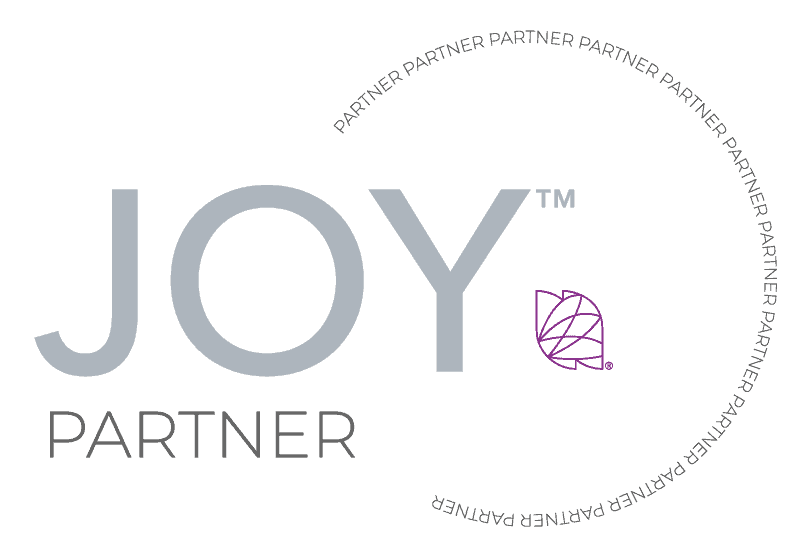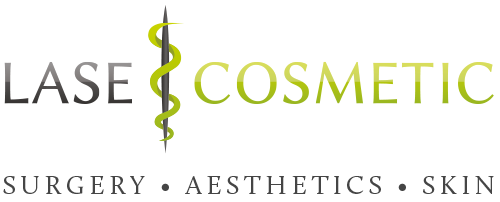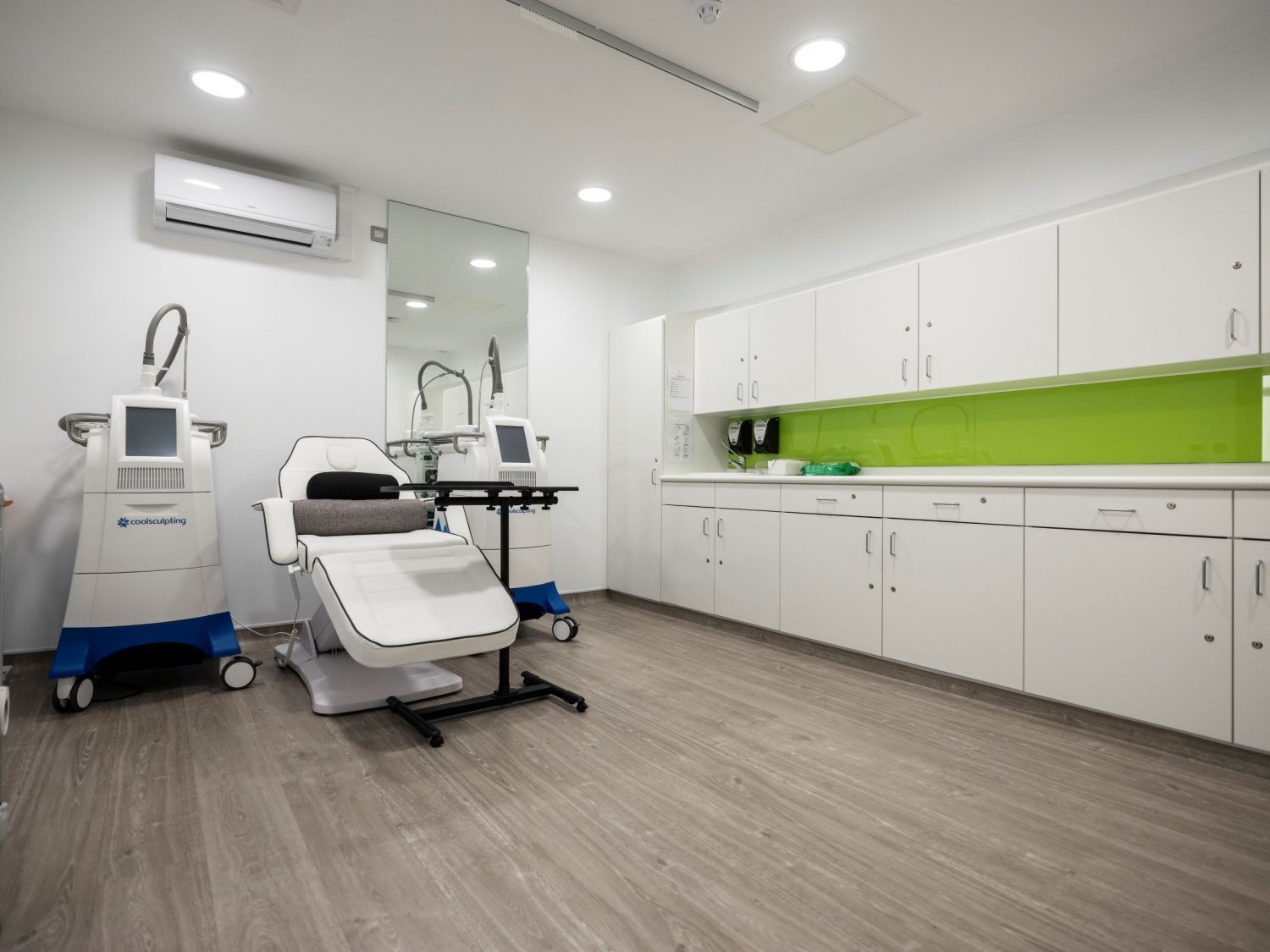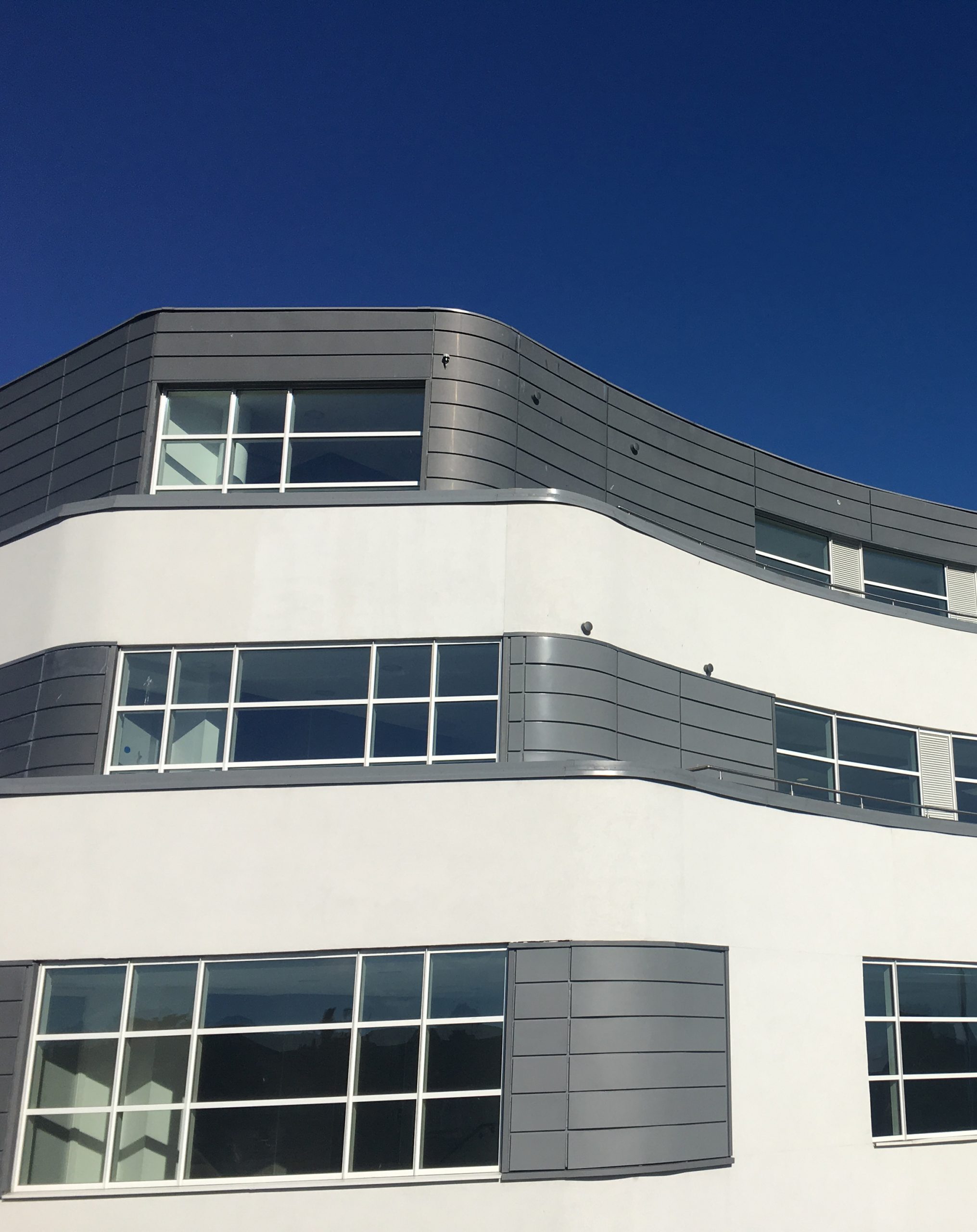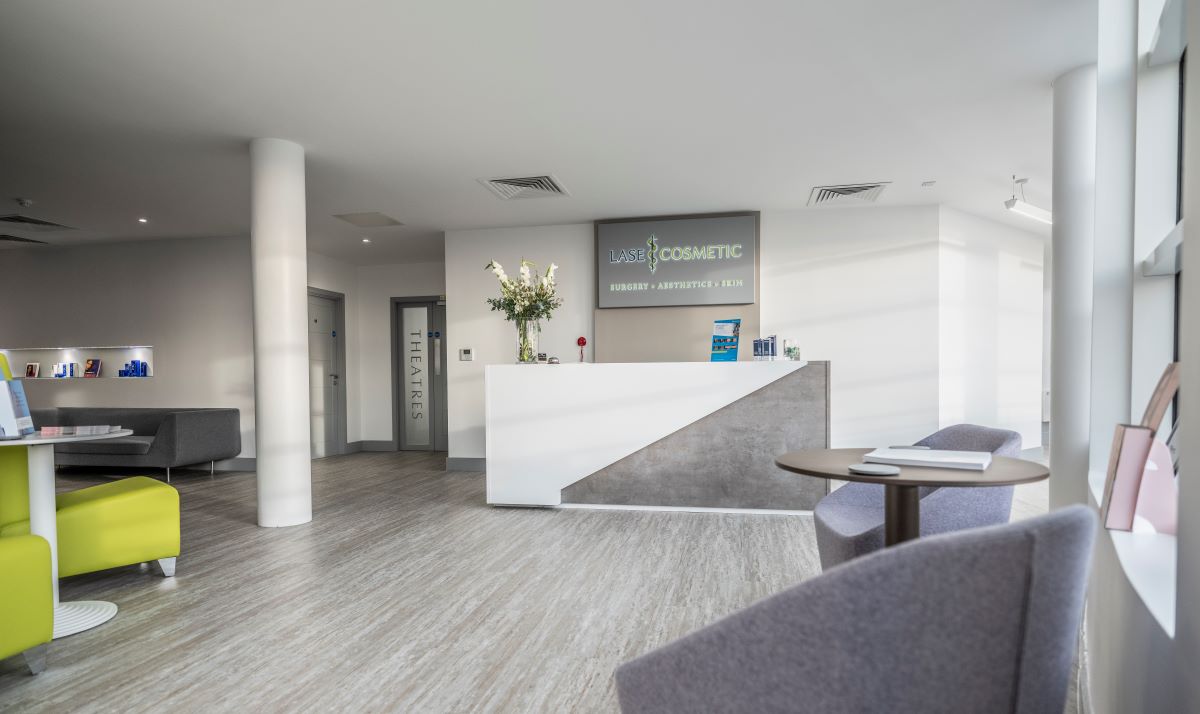Polynucleotides are the newest regenerative treatment for improving skin condition.
Polynucleotides, also known as ‘salmon sperm’, are the fastest growing treatment in the medical aesthetic industry, they have an amazing ability to rejuvenate and regenerate the skin naturally. Polynucleotides are renowned for their wound healing and bio stimulating properties. They are well recognised for their complex structures and ability to rejuvenate the skin with a natural result.
Description
Polynucleotide treatment is an exciting advancement in regenerative medicine which focuses on restoring normal cellular function by repairing the skin on a more intense level. Like many other regenerative medicine tools, polynucleotides has a long history of being used in medicine before their introduction to the world of medical aesthetics with over 90 clinical trials to back this up. Studies have reported their successful treatments with evidence of polynucleotides power remaining undisputed in both the medical and aesthetic fields.
Cost
Polynucleotide treatment
Single treatment £250 (2ml syringe)
Course of 3 treatments £750
With LASE Intense Combination: £200 per treatment / £600 for course of 3
Polynucleotides:
Plinest is Mastelli’s brand name of polynucleotides distributed by DermaFocus. Plinest is derived from highly purified salmon trout DNA. Polynucleotides are designed to stimulate fibroblasts in the dermal layer of the skin, this increases collagen and elastin and promotes skin tissue repair and cell turnover which results in increased elasticity and firmness to the skin.
Additionally, they reduce inflammation and balance melanocyte activity (skin pigmentation) resulting in a more even skin tone. Each polynucleotide strand consists of repeating pattern of a sugar molecule and a phosphate group. DNA and RNA represent the two main categories of nuclear acids. In simply terms, these injections essentially provide DNA molecules that encourage the skin to repair itself and promote various skin boosting benefits both immediate and long term.
Frequently Asked Questions
Please read the frequently asked questions below which may answer any queries or ease any concerns you may have.
What can polynucleotides be used for?
Polynucleotides are used to treat skin laxity, fine lines and wrinkles, and some skin conditions such as rosacea and eczema. They are also used to treat acne scarring, post-surgical scars and assist in wound healing. Within our LASE Intense Hair range of treatments, polynucleotides can be used in the scalp to treat thinning hair and promote healthy hair growth. At LASE, we use polynucleotides in combination with other biostimulating treatments to provide powerful and effective solutions for the majority of concerns. Our LASE Intense Skin range of treatments are a combination of targeted solutions prescribed to each individual on a bespoke basis. Treatments are carried out around 2-4 weeks apart and a course of treatments is recommended.
How do Polynucleotides work?
Biologically, polynucleotides are long chains of nucleotides. DNA and RNA are types of polynucleotides with specific biological functions.
Polynucleotides used in aesthetic treatments are highly purified DNA fractions derived from salmon trout gonads.
They help with cellular repair and regeneration, moisturisation, and protection against harmful external agents such as UV rays.
The polynucleotide chains attract and bind water molecules, allowing them to provide a strong moisturising effect, which contribute to improved tissue elasticity.
Polynucleotides have a remarkable anti-free radical action. They counteract the skin damage which can accumulate due to various stressors, including cellular damage, stress, and exposure to UV rays, giving them a protective and cell damage reduction role.
Polynucleotides create an optimal environment for fibroblast growth and, in turn increases collagen and elastin in the skin which results in an overall improvement in the condition of the skin.
This multi-faceted functioning classifies polynucleotides as a regenerative treatment, offering a unique and innovative approach in the field of skin care and rejuvenation.
How are Polynucleotides injected?
They can be injected with a needle or with a cannula depending on the area treated and depending on the practitioner’s preference
How many treatments do I need?
A course of 3 to 4 treatments, 3 to 4 weeks apart is recommended. For hair restoration a course of eight treatments is recommended. Maintenance treatments are recommended twice a year
Where can Polynucleotides be injected?
Polynucleotides be injected in any area of skin
What can Polynucleotides treat?
- Skin revitalisation to combat general signs of ageing
- Acne
- Scarring and post surgical scarring
- Rehydration for dull skin at any age
- Rosacea and eczema
- Loose and sagging skin
- Alopecia/hair loss
- Hyperpigmentation
- Stretch marks
- Deep lines & wrinkles
What are the risks of Polynucleotides?
Risks are usually minimal and may include temporary redness, or mild discomfort at the injection site. As these treatments use naturally derived substances, the risk of allergic reactions is significantly reduced.
Do the injections hurt?
Polynucleotides injections are stingy, so we prep the skin with numbing cream and then apply cool packs immediately prior to injecting. This significantly reduces any discomfort. The treatment only takes minutes to administer too, so any stinging is very short-lived.
What is the downtime with Polynucleotides?
Polynucleotides are injected just beneath the surface of the skin, into the dermal layer. This is very superficial so immediately after the treatment, there are visible bumps. In clinic, we roll over the bumps with a Q-tip which is like a cotton bud, and this significantly flattens the bumps so the downtime is much reduced. There maybe some bleeding at the time of treatment and consequently, some needle marks may be present. These can be easily covered with make-up the following day. Bruising is always a risk with any injection. Overall, it will take a few days for the area to settle so it is advised not to plan any important social events for a few days following the treatment.
How long will it take to see results with Polynucleotides?
All regenerative treatments require a course of treatments and work best in combination rather than stand-alone treatments. It takes collagen around 3 months to remodel so results will build up over time.
Our Clinic

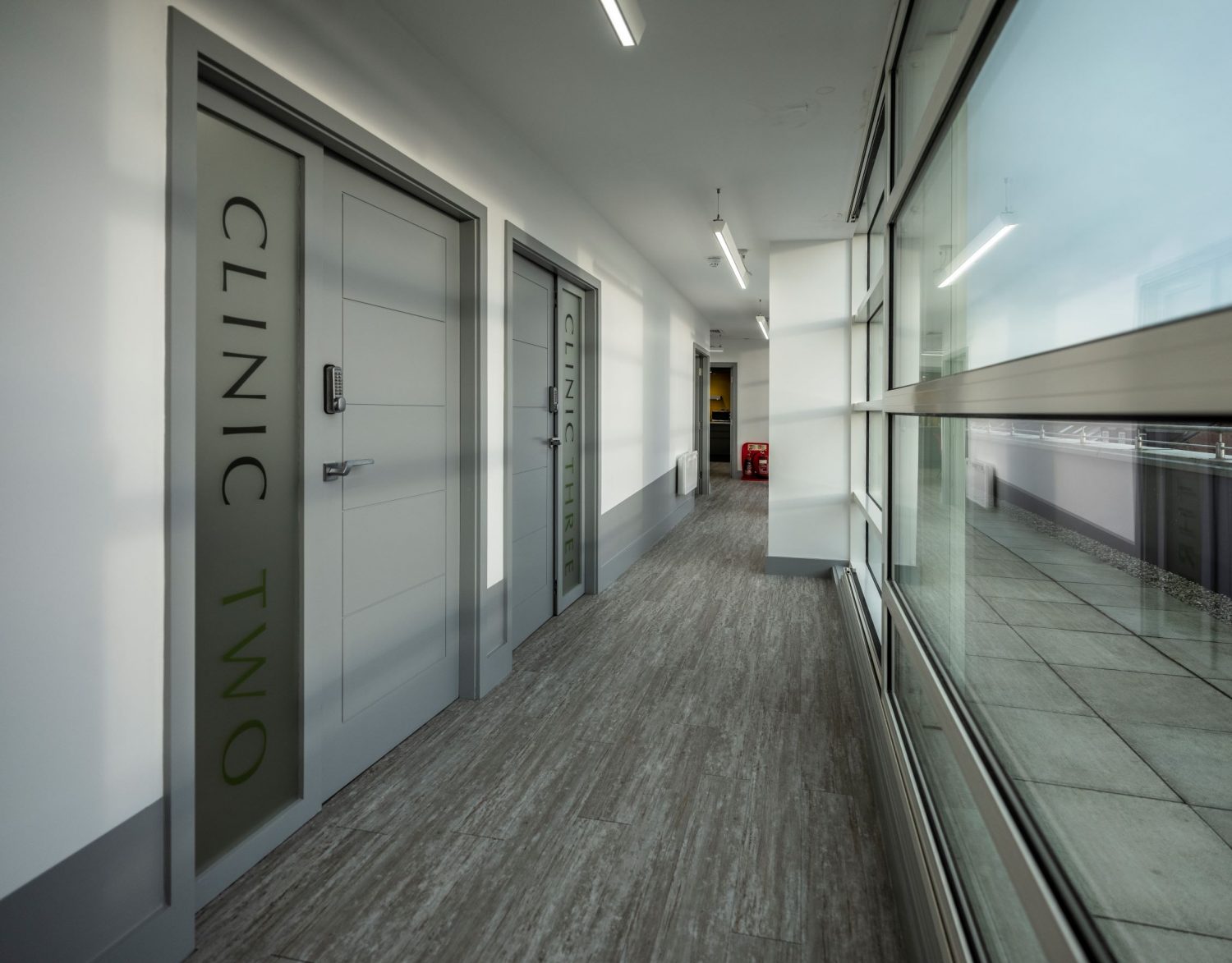
Get In Touch
Follow Us




